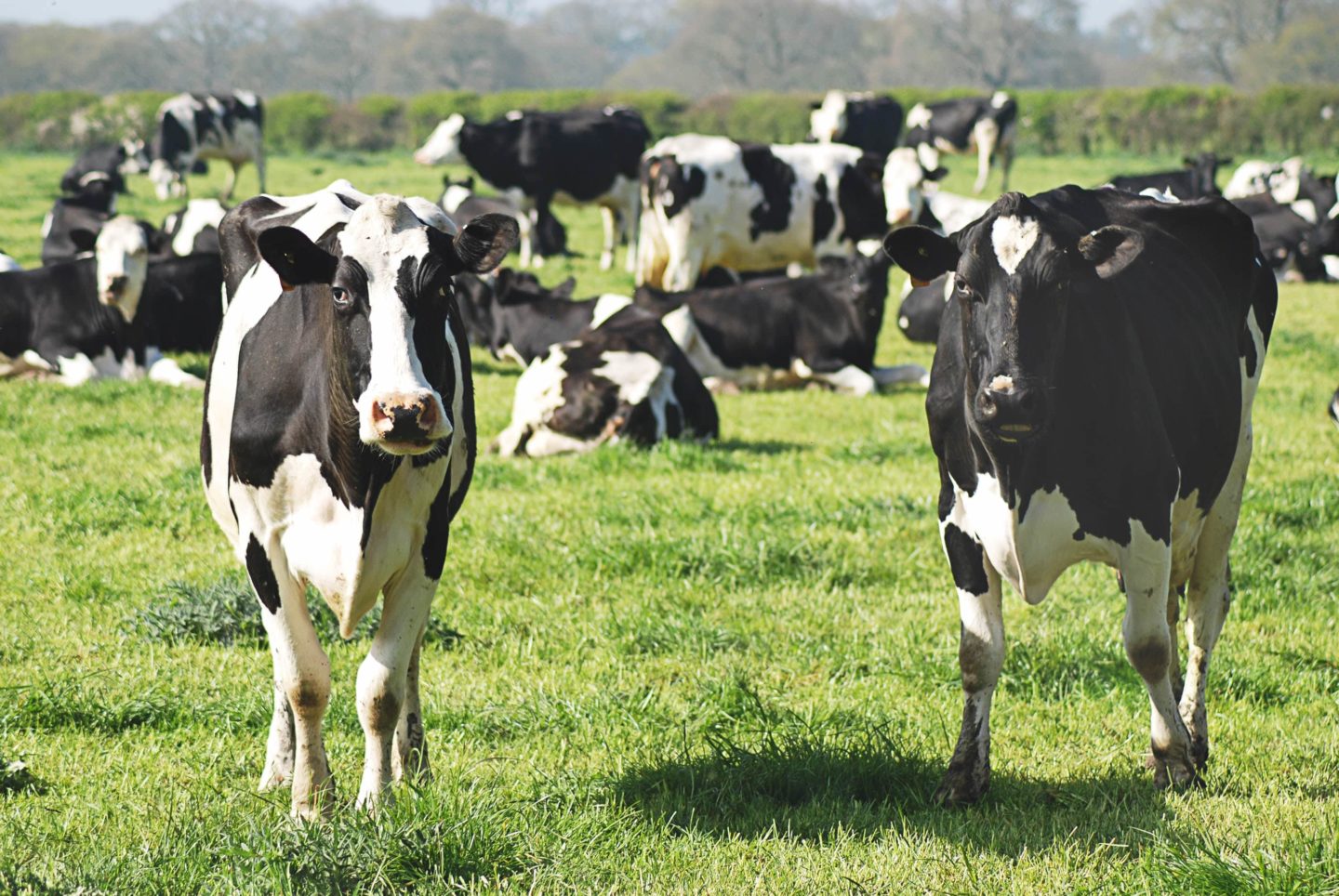Impact of cattle grazing and fertiliser strategies on agricultural greenhouse gas emissions
March 1, 2022
Impact of cattle grazing and fertiliser strategies on agricultural greenhouse gas emissions

Mirico is collaborating with partners in the agricultural sector to baseline and understand greenhouse gas emissions associated with cattle farms, helping with sector plans to reach net zero.
As the UK pushes towards its emissions goals, agriculture is one of the more challenging areas for reduction. A recent government report found that agriculture is responsible for 10% of the UK’s greenhouse gas emissions, including 68% of all nitrous oxide and 47% of all methane.
Despite innovation from the sector through new techniques and methods to reduce emissions, traditional measurement approaches make it difficult to accurately assess the effects of mitigation strategies. Emissions from farming are often estimated online models only.
Mirico provides a unique, robust and accurate solution through its continuous emissions monitoring Orion sensors. These allow greenhouse gas emissions (such as methane, ammonia and carbon dioxide) to be accurately quantified across entire sites through reliable, continuous, wide-area monitoring. Emissions data is collected and analysed in real-time which enables operators to detect, locate, quantify and visualise emissions swiftly and accurately through all weather conditions.
Working with partners from Newcastle and Anglia Ruskin Universities, Mirico will deploy Orion sensors at two UK farms this summer. One will collect continuous methane emissions data to monitor the impact of different grazing strategies of 80 cattle. A second unit will monitor the nitrous oxide from organic manure at a different farm, detecting and quantifying emissions from the application of the manure through to sowing of a crop.
Dr Julia Cooper, Senior Lecturer in Soil Science at Newcastle University, said: “Current methods are expensive and cumbersome, and this system could be a real breakthrough for researchers and farmers in the future, helping to better understand how management practices affect emissions. This information is really essential if we are to develop production methods with a smaller carbon footprint.”
“Similar to other sectors we serve, agriculture is working hard to reduce emissions, but without technology that accurately measures those emissions, it is difficult to know what strategies are working.” said Lee Billingham, Commercial Manager at Mirico. “We’re looking forward to deploying the sensors and providing the results that will help our partners, clients and the sector make progress towards reducing their emissions.”
To find out more about how Mirico could help you monitor emissions and reach your net zero goals, visit https://www.mirico.co.uk/ or contact Mirico at info@mirico.co.uk